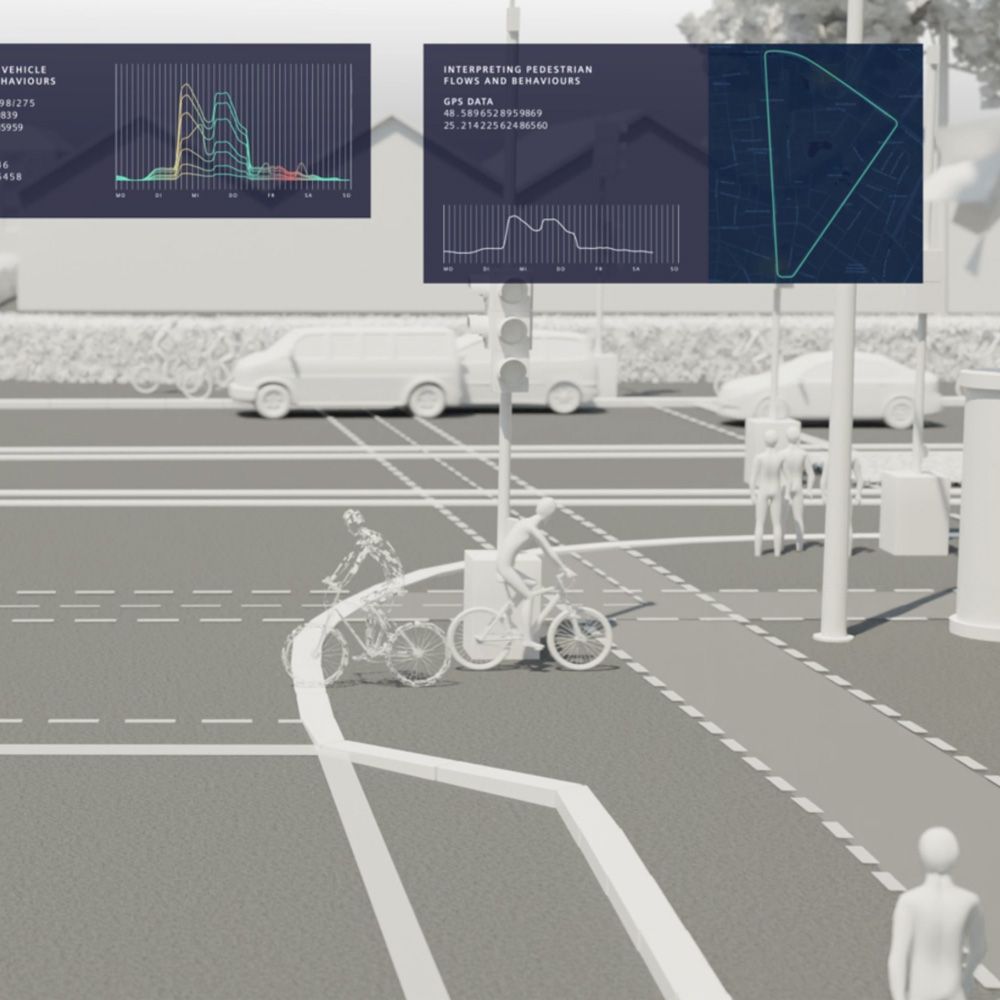VR glasses Oculus Go: Does Facebook's VR strategy work
Social platform and virtual reality: Facebook pushes into the VR market. What is behind it? Our author has thought about that. Read now!
We have made some tests with the new VR glasses Oculus Go in the last few days and come to a very positive conclusion. The new glasses from Facebook Reality Labs (formerly Oculus Research) are currently the best possible introduction to virtual reality: very good price/performance ratio and good usability due to the screen integration and the lack of cables put the competition under pressure. The pricing for the Oculus Go meets the willingness to pay of about every fifth person in Germany; this is a massive improvement over the high-end model Oculus Rift.
The plan behind it is clear, Facebook wants to open up the VR mass market on the hardware side by means of low entry barriers. The idea is to create a correspondingly attractive stimulus through the broad masses, which will make software developers switch to the platform or develop even more specifically for this platform. So intensive that a "killer app" may possibly emerge in the next few years, which is needed for the final breakthrough. It is possible that the distribution of the Oculus Go will be subsidized for this purpose, while successor models of the Rift series have already been in development for a long time. It is also clear that Facebook does not want to become a hardware provider. Even though the market for VR devices is growing steadily and will reach a market volume of almost 18 billion dollars in 2020 vss.
At the same time, the question arises as to why Facebook is trying so intensively to develop the VR market; at first glance, these investments seem too far away from the actual core business. A few thoughts on this.
The platform thesis
An often cited explanation for the investments is that Facebook is aiming to become the leading VR platform. Digital platforms have a tendency to create 'Winner takes it all' markets through network effects, which promises permanently high margins, in the case of Facebook generated by advertising revenues. This is per se plausible and certainly a valid goal.
In my opinion, the VR strategy of Facebook cannot be explained purely from the platform question. Facebook lacks the content platform that comes with the hardware and really integrated apps. Most of the content in the VR area is not located on Facebook, but on platforms like SteamVR, which therefore also have data sovereignty. It is possible that in this area the train has already left the station for Facebook before it could really get going.
The announced attempt to move sports content and similar streaming formats to a Facebook-owned platform with NextVR is obvious, since streamed video content is one of the most used formats on Facebook and at the same time the providers of sports content (NBA, NHL, etc) are looking for stable platforms on which they can market their content. Even if the picture is clearer here, it remains to be seen whether providers like Netflix will be able to aggregate this content on their platform in the future. Amazon Prime Video's collaboration with Eurosport goes strongly in this direction and would generate a platform on the platform, as is the case with Spotify, for example: Spotify delivers hero content on all channels and is therefore a separate content platform on the hardware+software platform used. Providers like Netflix could then offer their customers specific experiences - 2D or 3D content, 360 degrees or "only" 4k streams depending on the hardware - and would not be limited to one format as NextVR will be.
The platform thesis is easy to communicate to investors, so that it is mentioned again and again, also indirectly, by Facebook. However, in contrast to the differentiation thesis (see below), it is not only about being the market leader, but also about helping to shape the way the platform is designed to make it easier to generate advertising revenue. Facebook was unable to help shape the major mobile platforms (iOS and Android) because they were too fresh on the market; this was the only way - at least that's what it looks like - to prevent the emergence of a newly designed social media competitor (Snapchat) and possible disruption of its own. The next step into the future is something that Facebook would like to actively shape.
The progress hypothesis
At last year's Oculus Connect keynote, Mark Zuckerberg said in his keynote: "We're excited about the future and we're committed to making it a reality. (...) We believe that one day everyone will use VR to improve how we work, how we play and how we connect with each other. (...) So why build a completely new platform? (...) Why put a computer in your pocket when most people are just asking for a phone that texts well? (...) The reality is: every step along the way the future is built by the people who believe it can be better. That's why I'm excited to be here with you.
I call this the progress thesis, a mantra that is deliberately ideologically charged in order not to have to justify investments in VR quantitatively. Facebook apparently sees itself as the pace-setter of the future, and now that VR has been identified as the technology of the future, we feel it is our duty ("we're committed") to make it a reality. In general, I think a vision with a technological touch makes sense, but for me it is rather isolated in this case, too easy to transfer it to other future technologies in which Facebook does not invest a cent.
What actually speaks in favour of this thesis: in the recent past, systems and platforms have prevailed that were more dynamic and mobile than their (vertical) predecessors. A PC was more mobile than a workstation, a notebook more mobile than a desktop, an iPad more mobile than a laptop. Maximum market penetration: The smartphone is the computer to go. The Oculus Go is a halfway mobile pair of VR glasses. I would reluctantly underestimate what it can mean if we can carry truly mobile VR devices with us. Technical progress (battery life, size, resolution, ...) can solve central problems and create new use cases. If this happens, Facebook is likely to be in the front row of VR devices. The prerequisite for Facebook to pay for itself would be Microsoft's way of delivering integrated applications on its own platform.
The Community Thesis
An older statement by Mark Zuckerberg says that VR will be the most social platform in the future, for example for watching films together or group meetings. Currently, however, the majority of VR glasses purchases are triggered by isolated use cases that are not primarily networked with other people.
In a recent survey, only about one in ten named the new possibilities of communication as the most interesting aspect of VR. At the moment there is not much to support this thesis, but this can change quickly, especially since the time frame for VR success on Facebook is set to be about a decade, so there is still time. Nevertheless: Tendencies in this direction are not recognizable from my point of view.
The differentiation hypothesis
In the current earnings call in April 2018, Facebook spoke of a "bet on AR, VR and connectivity". This bet is intended to pay off in that the larger platform competitors, above all Google, Amazon, Apple, Microsoft, have no or no comparable VR devices on the market, so that in the event of a breakthrough in technology, differentiation and a leading market position can be achieved. Combined with the community thesis, Facebook would thus be able to transfer its AdBusiness into the future and at the same time be able to keep out competitors for advertising revenues through its own platform.
Conclusion
The strategy behind Facebook's VR investments has several foundations, which I have tried to explain in individual theses. In summary, it can be said that "betting" on VR is expensive for Facebook, but especially at the time of the investment decision a few years ago it looked quite promising. With the Oculus Go and NextVR, Facebook is more accommodating to the platform aspect than before, but it is still completely unclear whether VR will really become the "most social" platform, since there is still no killer application that allows users to switch to a then existing Facebook platform.








